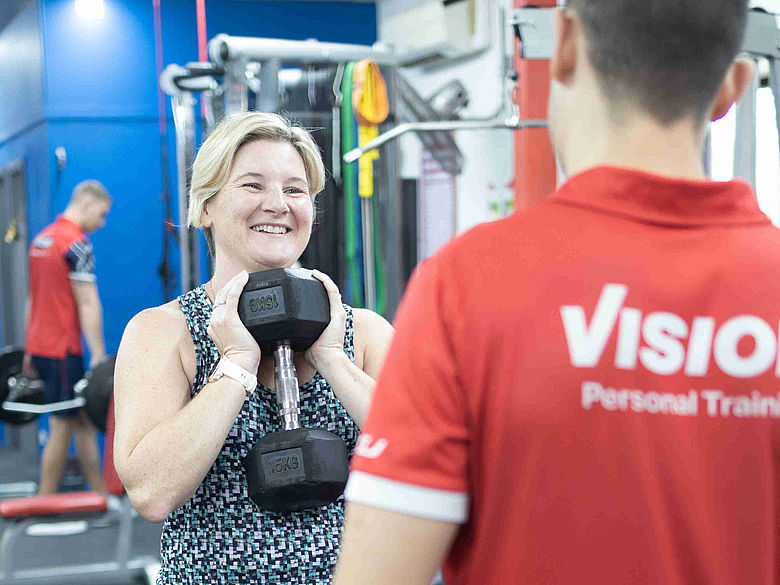Cravings seem to come in full force during the colder weather!
Cravings are totally normal, but their type and frequency can have a negative effect on your health in the long run, if you don’t work with and understand them properly.
For many, winter is synonymous with wanting comfort food and snacking. There are many reasons why this can occur including:
- Eating is a way to raise body temperature and when we are craving warmth, it makes sense to eat! Winter causes a longing for foods that will warm you quickly.
- We tend to hibernate at home more = more opportunity or desire to eat out of boredom or habit. It leaves more opportunities to mindlessly snack from the pantry.
- Change in sleep habits due to shorter days and darker mornings, which can cause circadian misalignment which can impact our satiety and make it harder to control portion sizes and appetite.
- Mindset – associating winter with a license to slack off, not exercise or overeat because “weight gain is inevitable” – this could not be further from the truth!
If comfort eating or snacking has become a habit on has increased, here are some tips on how to better regulate your appetite, especially during winter:
- Prepare healthy snacks - Snacks that are high in protein and fibre can fuel your body’s heat mechanism and also keep you fuller between meals and lessen cravings. Examples of some great snacks include tuna on some Vita Wheats, a handful of almonds or peanut butter on rice cakes. There are so many ideas, you just have to find what’s right for you!
- Eat a serve of protein at each meal and snack during the day - Protein is key to satiety; it helps us to not only feel full. As a general rule, aim for 20-30g protein per main meal and at least 5g per snack. Sources of protein include meat, eggs, dairy, tofu, legumes, nuts/seeds, and protein powder.
- Start the day with a protein rich breakfast - Research has shown that skimping on protein earlier in the day can cause overeating later into the day/night. No matter what time you start your day food wise, make sure the first meal has a decent amount of protein.
- Drink plenty of water - Simply having a glass of water might cure your cravings. Hunger and thirst produce similar sensations in the brain, which can make it hard to determine what you actually need. Staying hydrated will ensure you’re covering that base. And our tip is warm water, flavoured warm teas or even bone broth or broth-based soups are great ways to stay hydrated and warm!
- Use the healthier – alternatives for your favourite comfort foods - Whether it’s a certain meal or snack you’re craving, make a healthier choice by switching out high-calorie foods. If you’ve got a craving for ice-cream, try a low-fat option. Instead of takeaway pizza, make a homemade pizza and normal chocolate for dark chocolate. Little things like this make it easy to enjoy food, without sacrificing your diet or waistline!
- Self-care - Getting enough sleep, regular exercise and spending time on yourself will help regulate your hormone levels—including those that determine your hunger and appetite and decrease your cravings.
As for exercise and training, yes, it’s cold – but show up anyway! After just 10 minutes of moving your body, you are warm and more inclined to finish that workout, feeling GREAT afterwards! Stay in the training habit loop, you never regret a workout you did, only one you didn’t do!
The winter months mean less sunlight, colder temperatures and often, dampened moods. It’s common to feel more tired and less motivated in winter, which can negatively impact your usual routine and performance. However, a winter slump is not inevitable—it may require a bit of extra effort, but you can stay just as motivated during those colder months if you continue with your positive habits.

